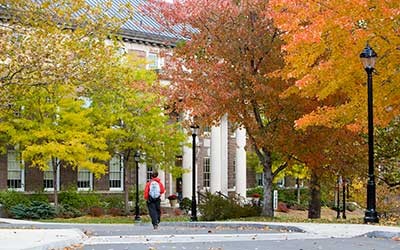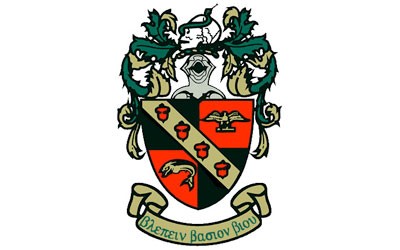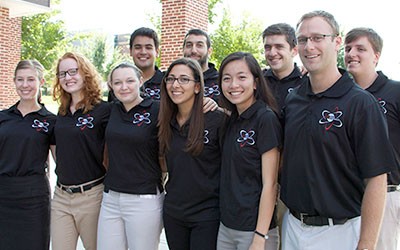Computational biology is the study of biological systems through computational and statistical modeling of large data sets. Through this program, students gain knowledge in biology, computer science, and information technology.
Rensselaer is one of the few universities to offer an undergraduate program in this emerging and exciting field. This program trains next-generation biologists who can harness the ever-rising computational power and tools to solve crucial biological problems to change the world.
There are two concentrations within the program: biomolecular systems and ecological systems. The biomolecular systems concentration focusing on applying computational methods on a microscopic scale to the structure, dynamics and interactions of protein, nucleic acid, glycan, biomembrane and drug discovery. The ecological systems concentration focuses on applying computational methods to study and solve problems in large scale ecological systems, such as regional to global environmental changes.
Graduates are encouraged to continue their studies in one of the growing number of worldwide computational biology graduate programs. Those who enter the workforce following graduation often are hired into sectors including the pharmaceutical industry, medical informatics, agricultural bioinformatics, government agencies and national labs, database management companies, or the biotechnology industry.





